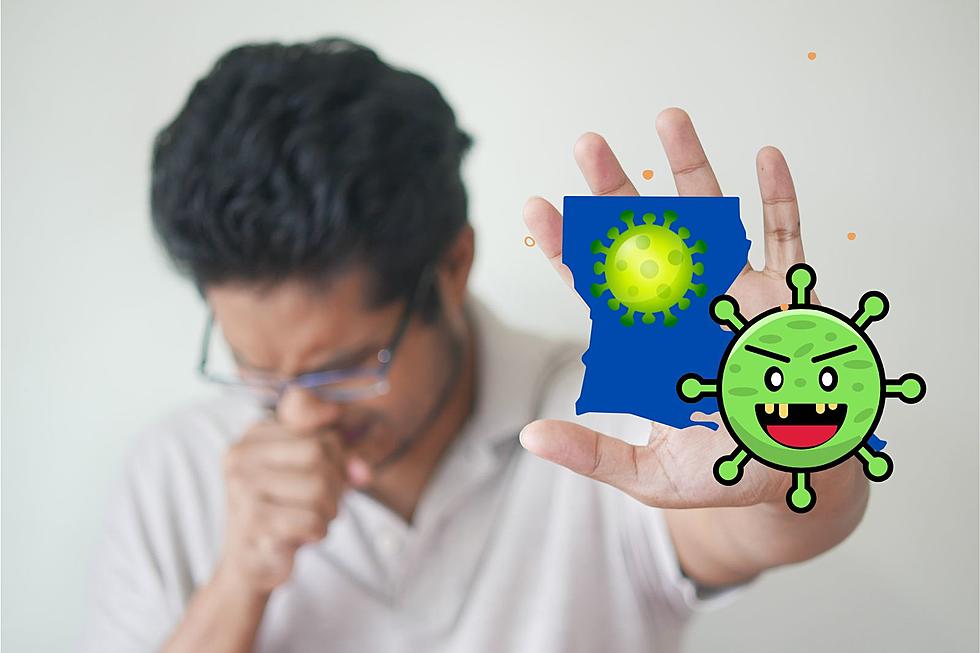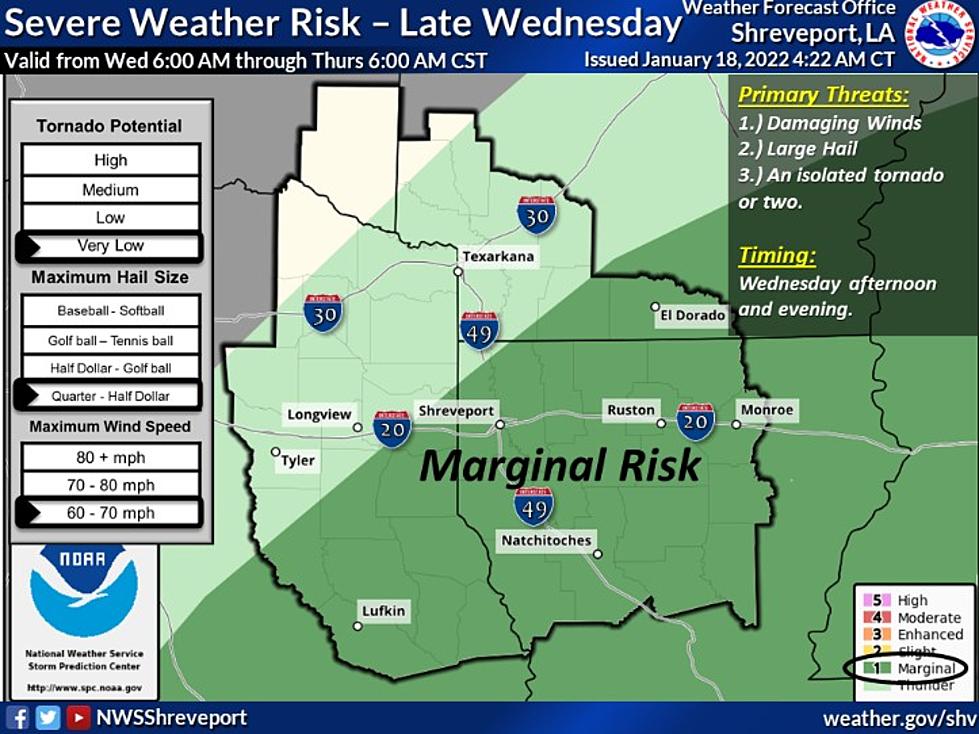
Is It a Cold or the Flu — How Can You Tell the Difference?
Cold or flu -- how do you know which one you have? Dr. Shanilee Singh with Ark-La-Tex Children's Clinic in Bossier City says the symptoms are very similar between the two, so much so that the only way to know for sure which one you have is through a simple test.
"We do a nasal swab, a flu swab, and the test can be done a lot of times in the doctor's office, or the doctor can send it to a lab to have it done for you," Dr. Singh says.
She says cold and flu are viruses and both are respiratory illnesses, so they cause cough and congestion. "In general, the flu is worse than the cold," Dr. Singh says. "They have fever and body aches, fatigue, with the flu versus the cold." But she also says flu can come with or without fever.
Flu cases are definitely popping up at doctors' offices all over the area. And the "season" seems to have come earlier than normal this year. "This is the earliest I've seen the flu in all my years of practicing pediatrics," says Dr. Singh. "Generally, we see more in late winter start to pick up, and then continue through March, April. And every year, it's a little different. Last year, we continued longer and it was a more severe season, and the flu shot didn't work as well."
This year, there are two types of flu vaccines available -- one that protects against two Type A and two Type B strains, and another that protects against two As and one B. The vaccines come in shot or nasal mist form.
Dr. Singh says self-treatment is possible, as well. You need lots of fluids and rest, and to quarantine yourself from other people. "I find that it not only protects the other people from the flu, but it also protects you," she says. "Once you've had the flu, or any virus, you're more succeptible to picking up another germ. So keeping yourself sheltered away from other people is the best way to keep from spreading it and getting yourself more sick."
Good hand-washing is also essential. If you have the flu, it keeps you from spreading it, but it also prevents you from getting the flu if you haven't gotten it yet. And it's a good idea to teach your children to cough into their elbows, and not their hands, to keep from spreading germs.
Decongestants and pain reliever/fever reducer are okay medications to treat colds and flu, but -- since they're viruses -- you never want to take an antibiotic for either. That's used to treat a bacterial infection. The only time a doctor should prescribe an antibiotic to someone who has the flu is if the virus has caused a complication that requires it. But Dr. Singh says influenza itself doesn't respond well to antibiotics.
More From News Radio 710 KEEL









